Thanks for joining us at EIF 2023!
That’s a wrap! At the #EIF2023 in Moncton NB, energy experts gathered to hear from 30+ national and international speakers to discuss the theme “Accelerating the pace of change”. Thank you to all SGIN Members, speakers, partners, and supporters who helped make the 2023 Energy Innovation Forum Canada a success.
In case you missed the major announcements and highlights made at EIF 2023:
- SGIN has launched its Energy Innovation Business Competition, which will engage nationally starting in January and present competition finalists at the EIF each year. A great way to support innovative and new ways of thinking and doing!
- Parliamentary Secretary to the Minister of the Environment & Climate Change and Minister of Energy & Natural Resources – Julie Dabrusin announced 2 program funding updates for Smart Grids and The Smart Renewables and Electrification Pathways Program (SREPs).
- Chief Terry Richardson (North Shore Mi’kmaq Tribal Council) and Nick Bayne (Preva Ventures) outlined from very different observations just how dire the need to act is at this point, with many cited impacts already evident including many species now endangered and many areas including Florida where residential insurance is not easily acquired.
- QUEST Canada made a great presentation on the updates to their Net-Zero Communities Accelerator (NCA) including their community engagement process, positive impacts, and the plan for Atlantic NCA expansion.
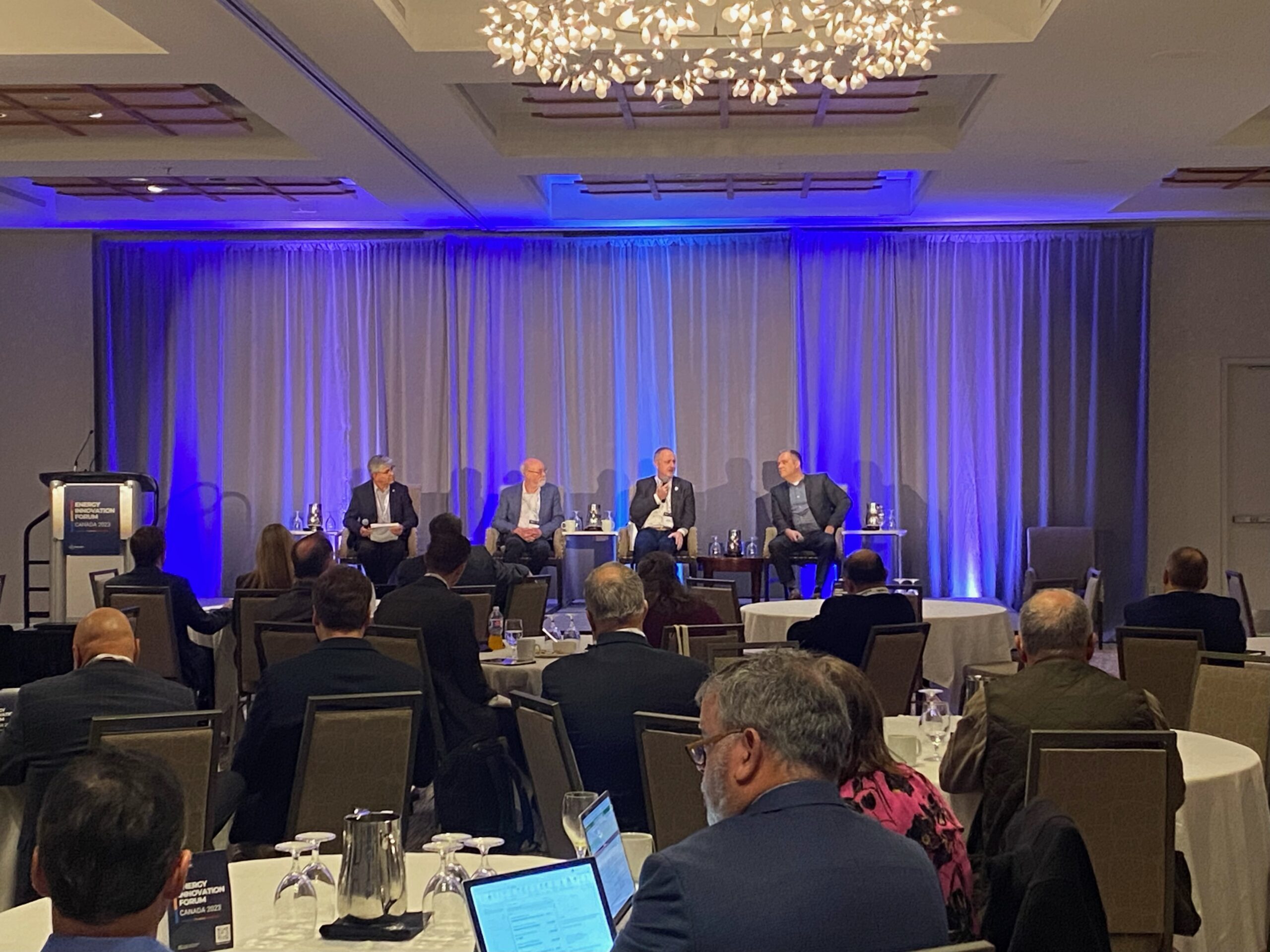
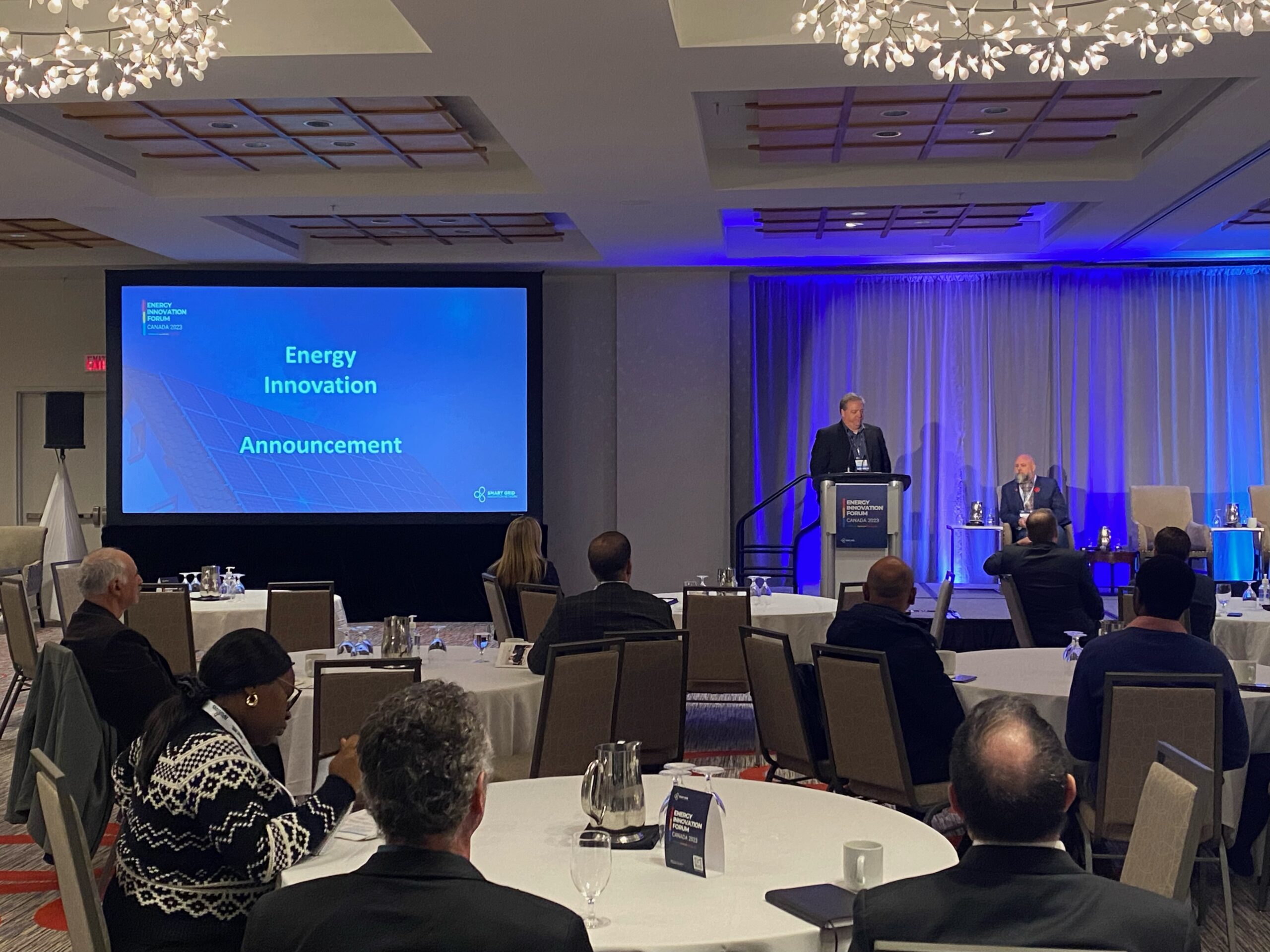
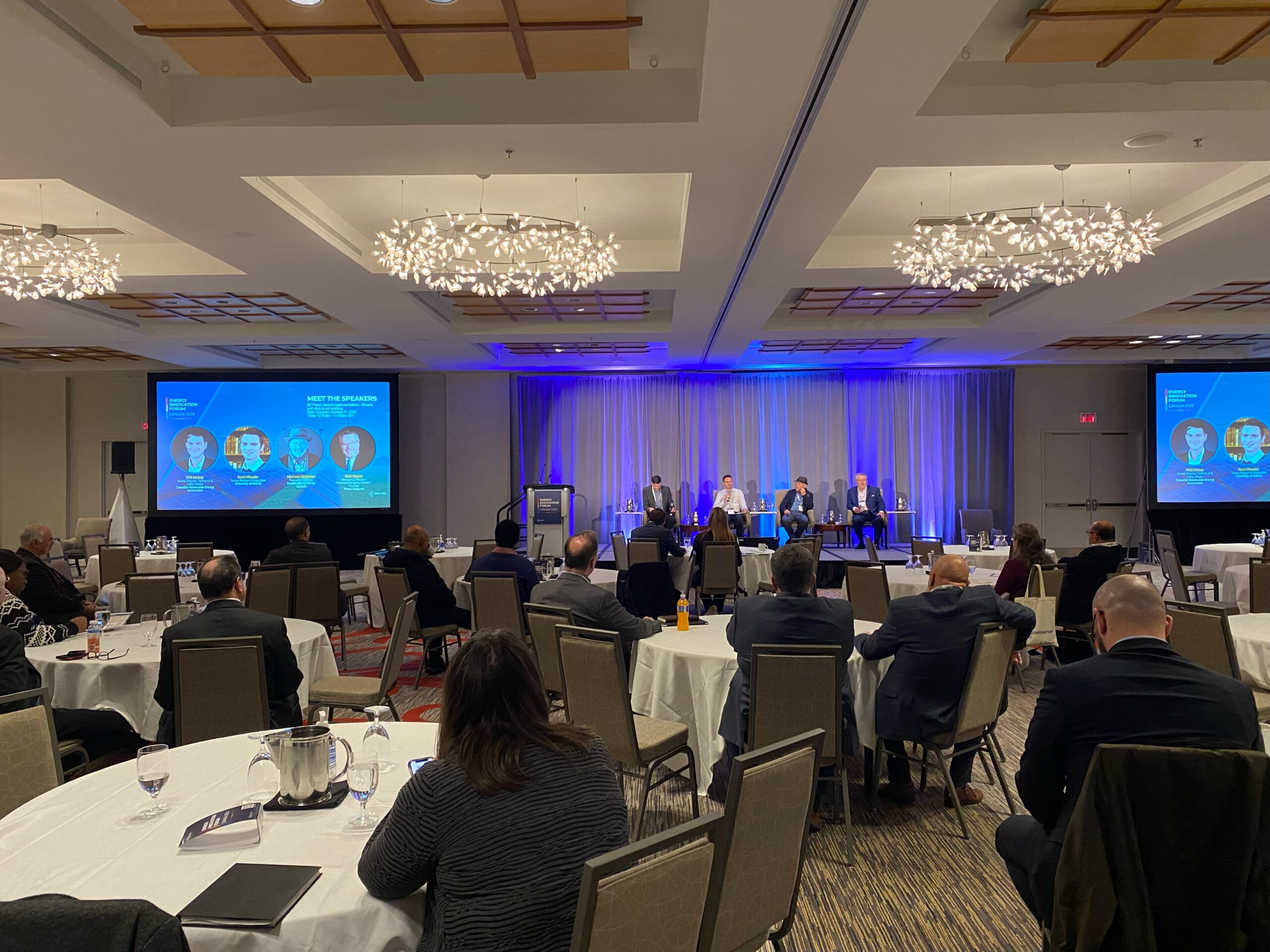
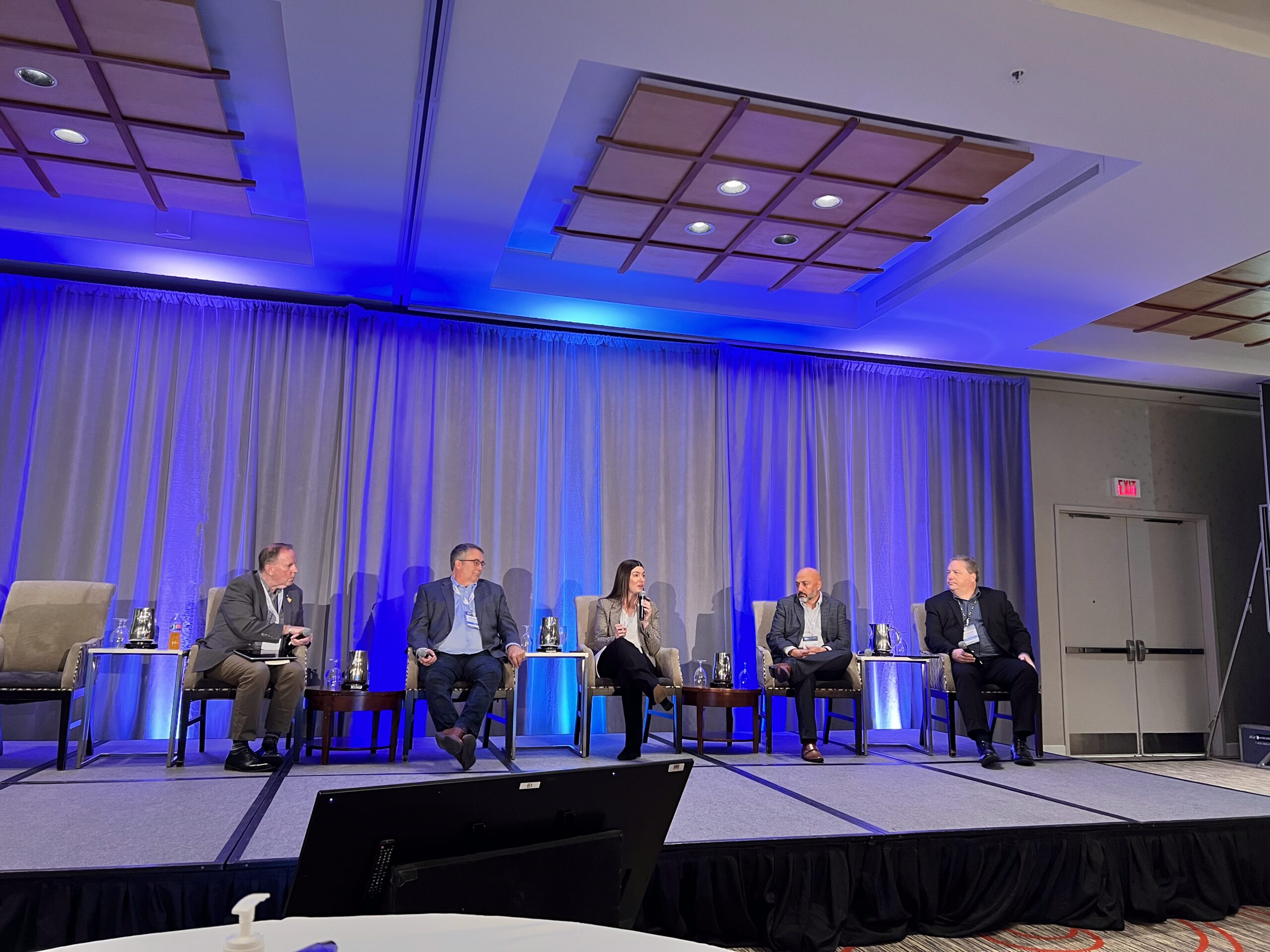
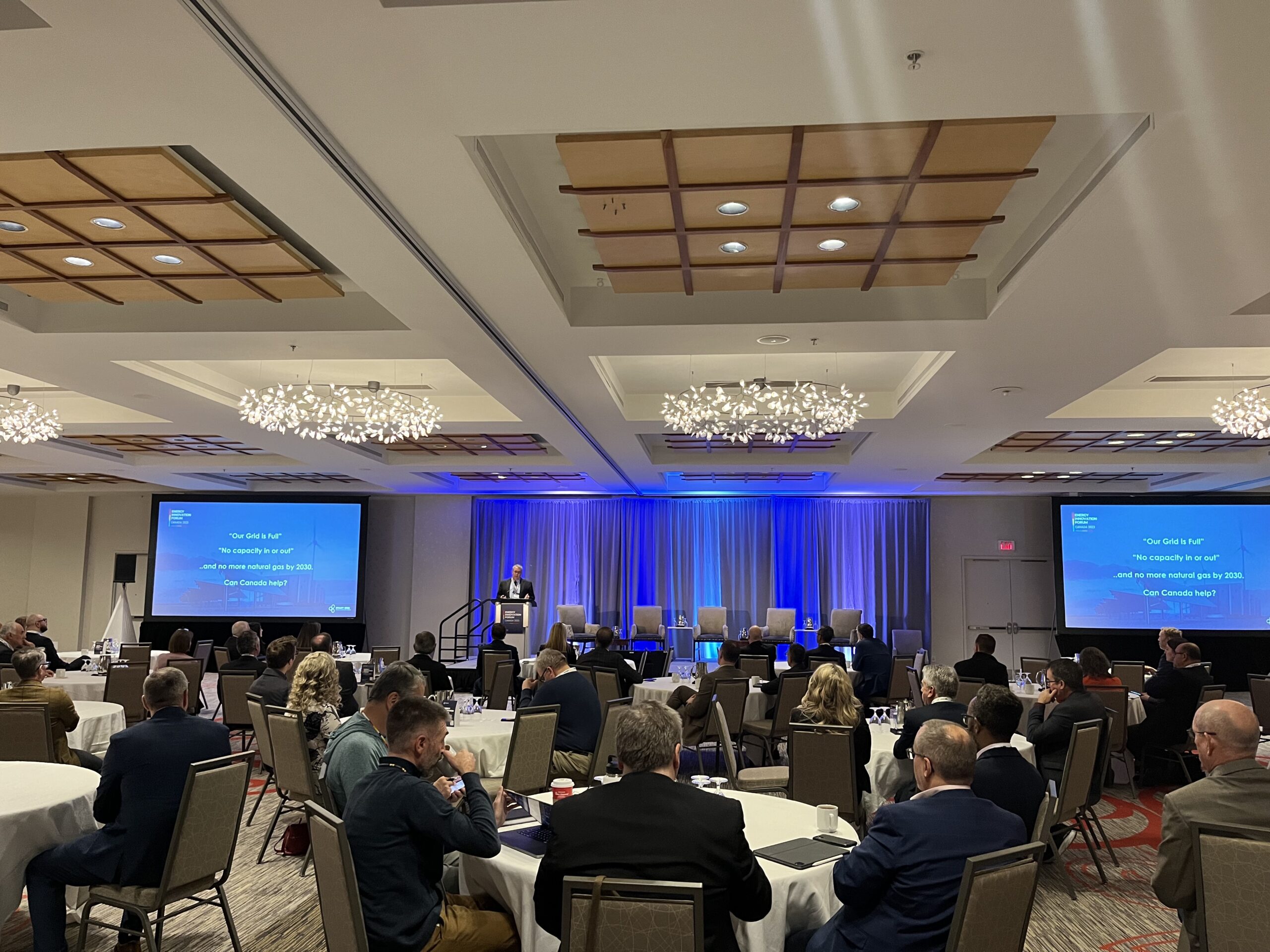
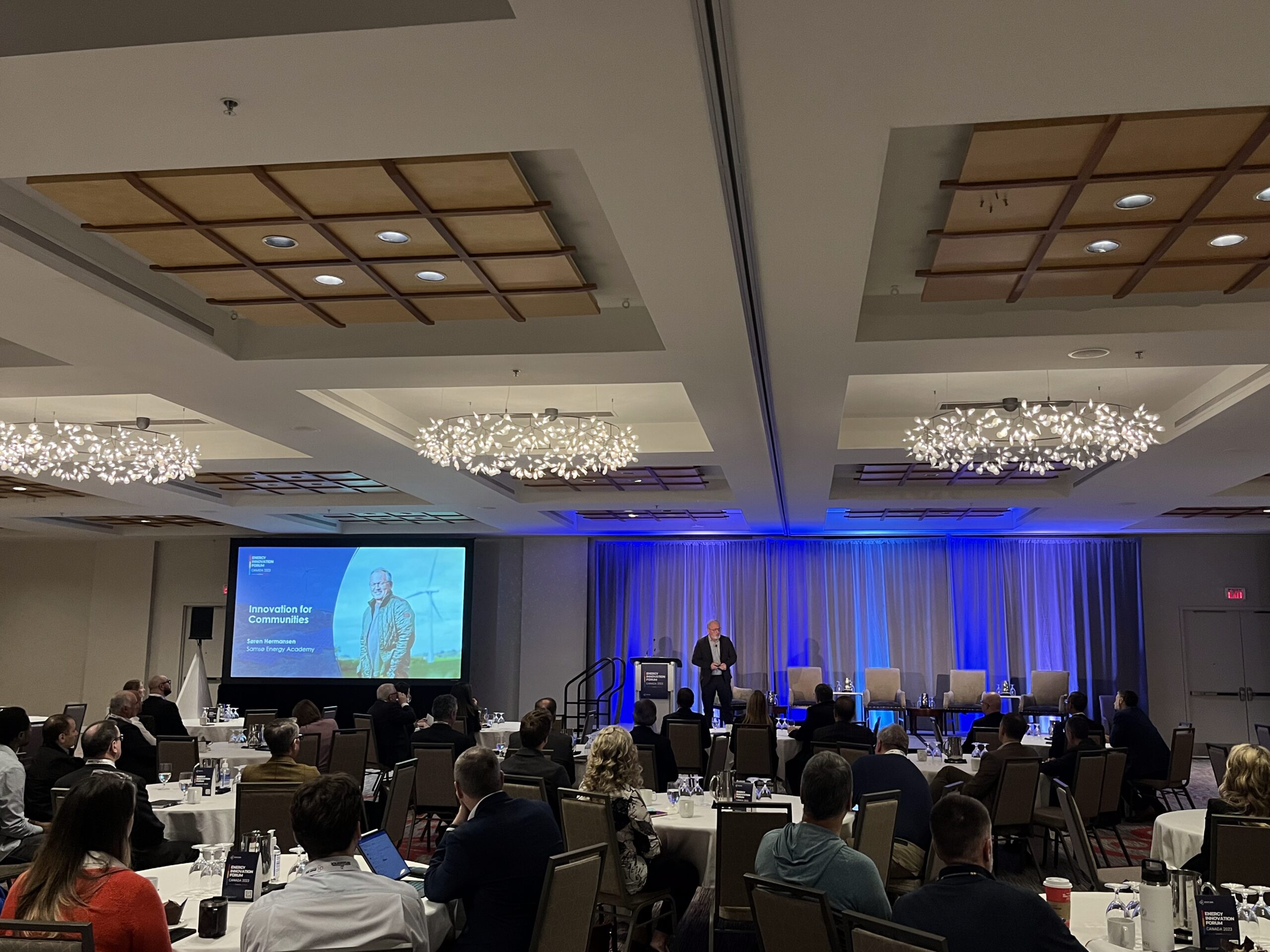
Key themes were discussed at EIF 2023:
Labour and skills shortages
- Mark Chapeskie, VP of Program Development, Electricity Human Resources Canada, highlighted the gaps in labor market intelligence and ensuring a skilled workforce to fill various job roles as a critical challenge. Youth participation is currently lacking in the industry, and addressing this gap is essential to achieving net-zero objectives. The occupational projections are available only up to five years, and by 2028, there will be a significant shortfall in skilled trades, with the largest gap in the field of Information and Comms Tech.
- Workforce development through building a skilled workforce should use an all-encompassing approach. A major challenge is the perception of the industry, which needs to be transformed to engage the youth and connect energy to climate change.
Regional considerations and tailored incentives
- Søren Hermansen, leader of Samsø Energy Academy, discussed the small island of Samsø, situated off the coast of Denmark, and its journey to 100% carbon neutrality using renewables like wind, solar, and biofuels. A key policy focus was managing legacy costs of wind turbines, solar panels, and batteries disposal efforts. In Denmark, a decommissioning plan is embedded within installation contracts, with a typical lifespan of 20 years.
- International presentations from Søren Hermansen (Samso Energy Academy) and Dr. Scot Wheeler (University of Oxford) indicated the many ways there are collaborations with meaningful impacts occurring and how we can be doing a much better job engaging people at their level and advancing a greater community level collaboration process. Nothing will be happening significantly without proper indigenous engagement, consultation and inclusion. Much can happen without local governments being significant blockers when you engage and collaborate with First Nations.
- One-size-fits-all solutions are inadequate and a more effective approach to incentives is necessary. Localized policy and incentives, tailored to regional needs, are essential to mobilize local communities. Also mentioned, was the need to expand Investment Tax Credits (ITCs) to facilitate the adoption of new technologies. Various measures, including ITCs and low-cost financing infrastructure, were discussed as key methods to achieve net-zero.
Green energy hub and SMR development
- Chief Terry Richardson, North Shore Mi’kmaq Tribal Council, spoke about the Port of Belledune’s Green Energy Hub. New Brunswick is the only province will full-support from 15 indigenous communities for small modular reactor (SMR) activities and development. Indigenous communities support SMR development and are willing to access the financing that is available when the opportunities align with shared interests.
- Rose Robinson, Acting Director Advanced Reactor Development, NB Power, discussed the plans of NB Power to work with both Moltex and ARC at the Point Lepreau site and the misunderstanding that the two companies are in competition. Moltex will recycle existing CANDU waste on the grid by 2035, and ARC-100 will provide 100-150MWs for a 20-year refueling cycle, with a TRL at 7.5 and scaling up for development in the early 2030s.
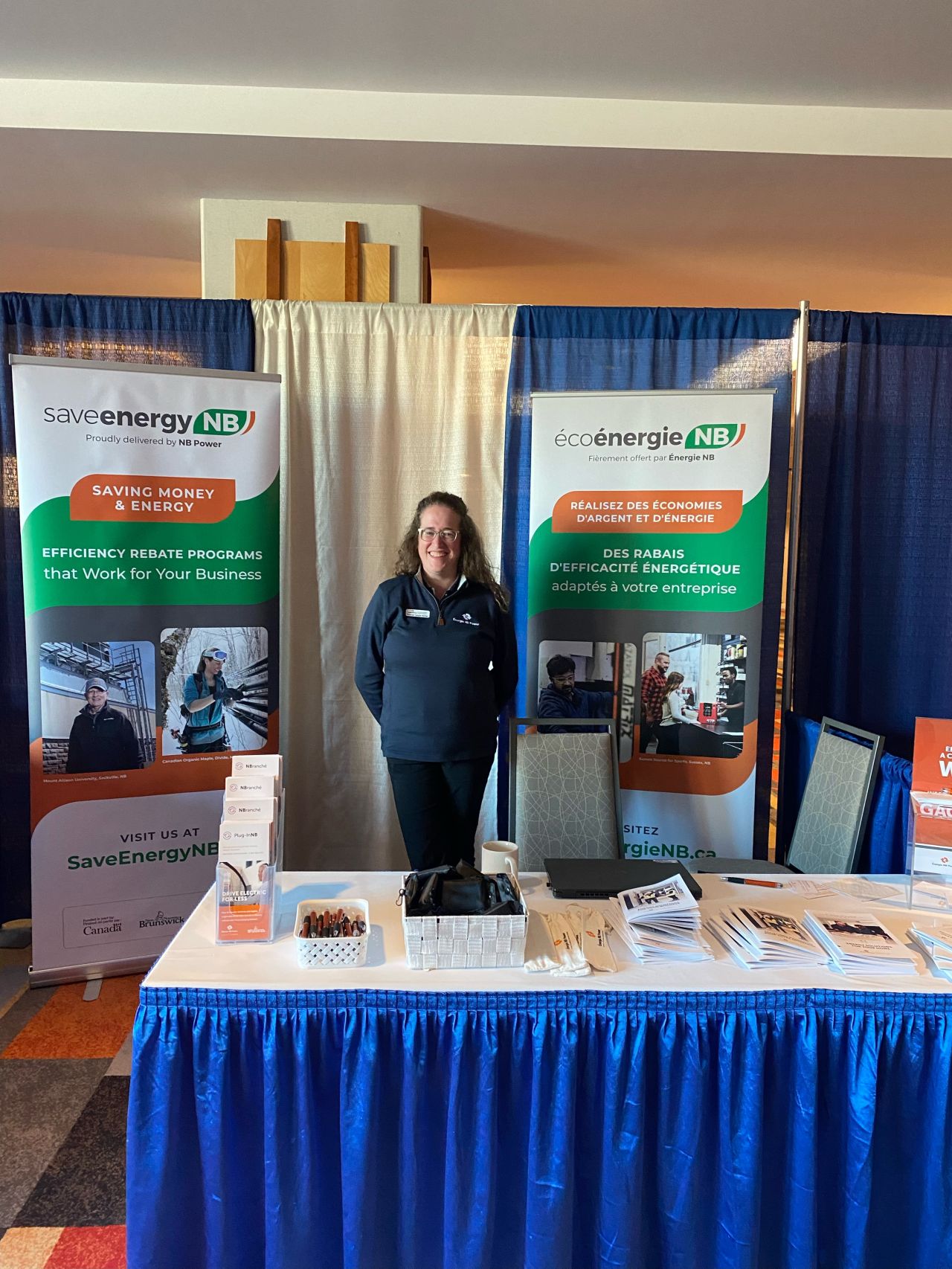
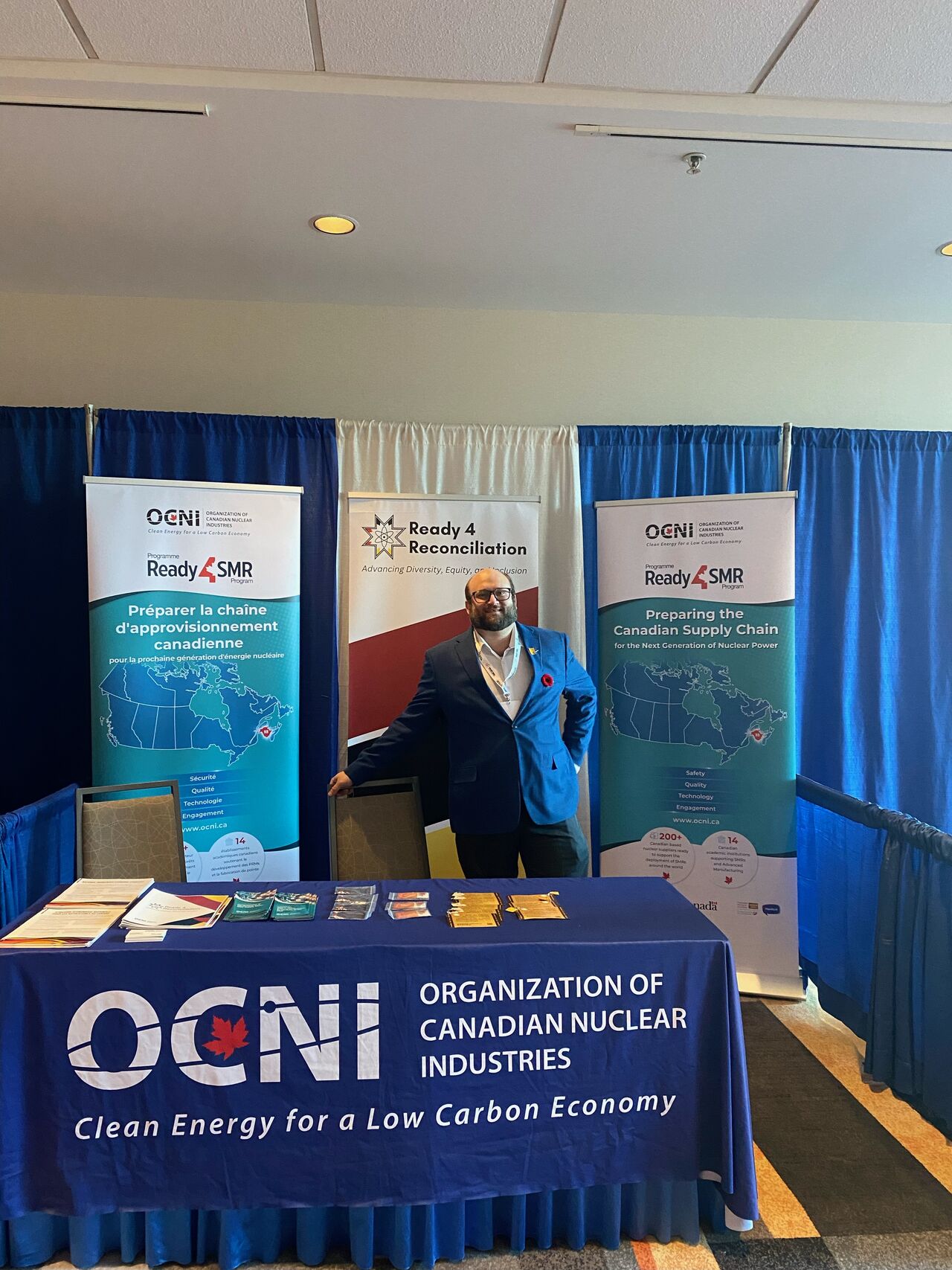
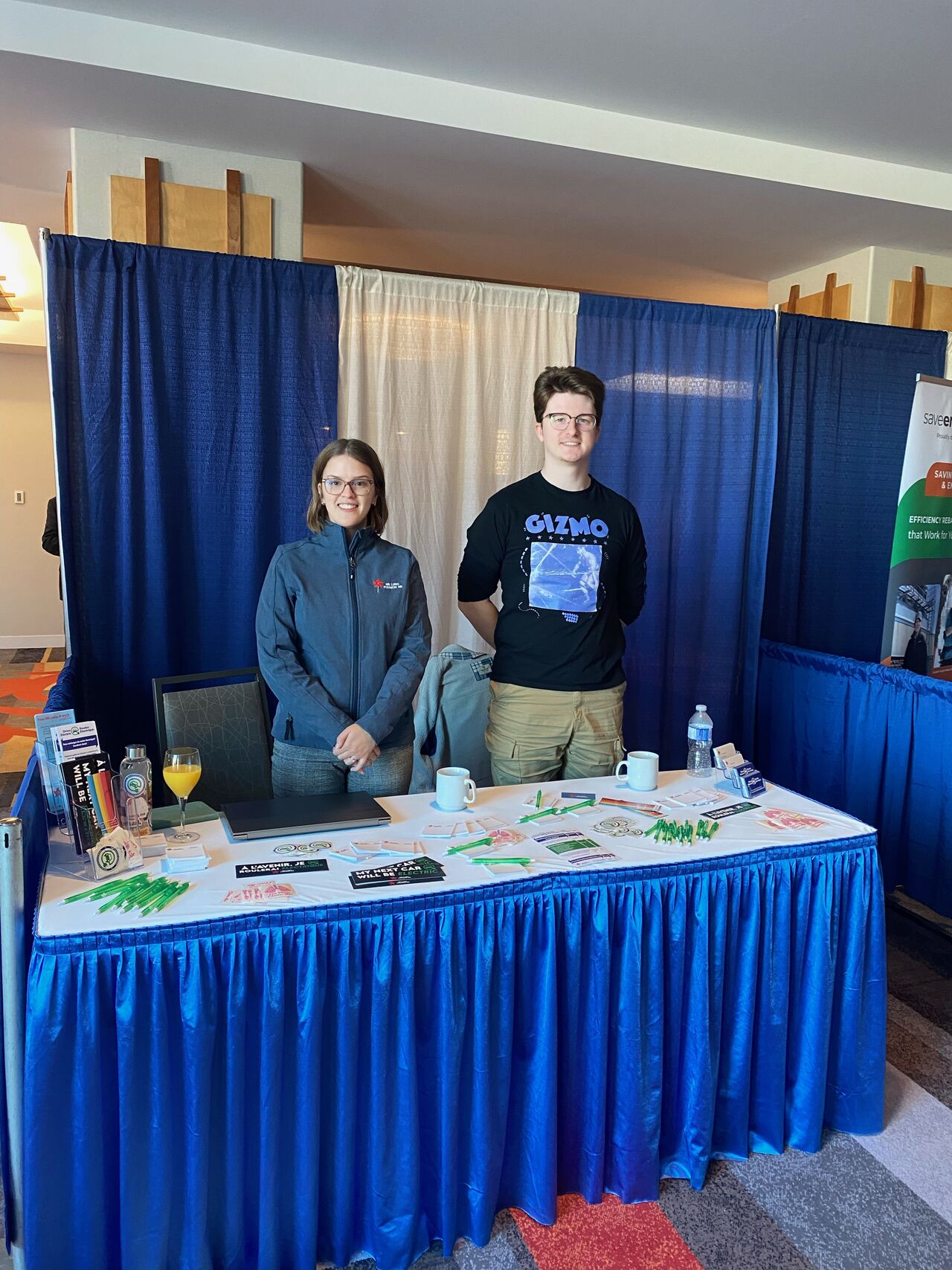
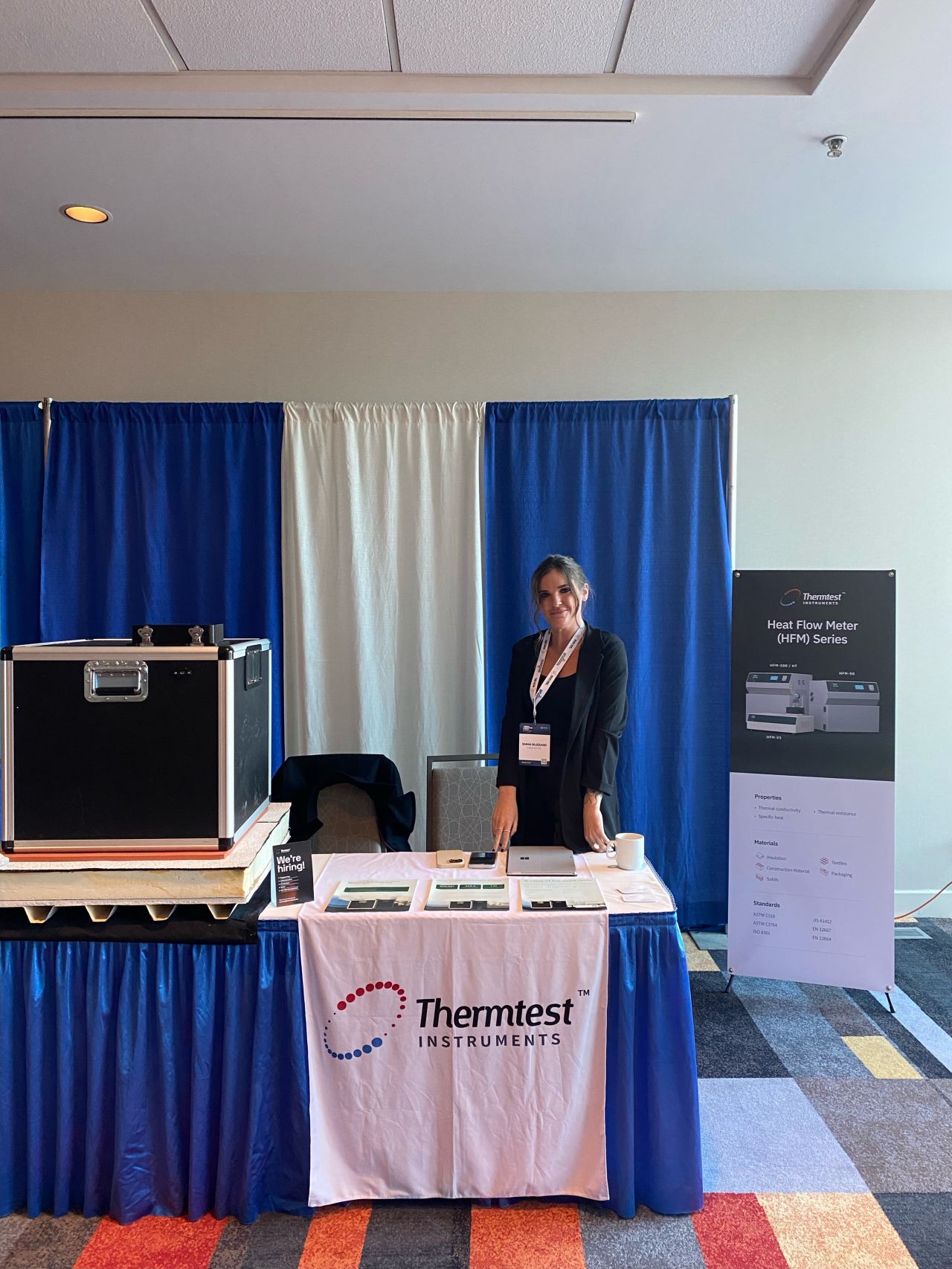
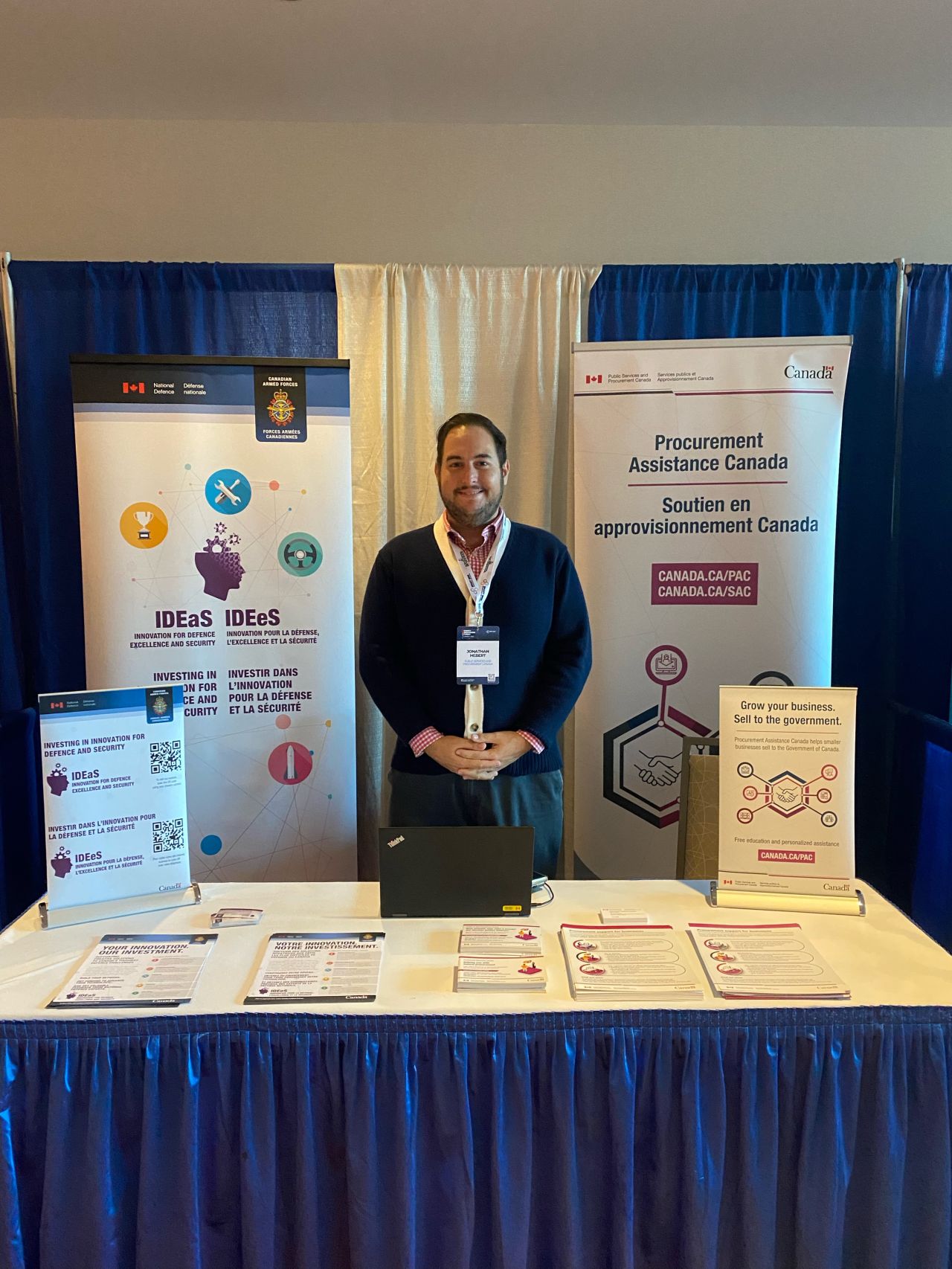
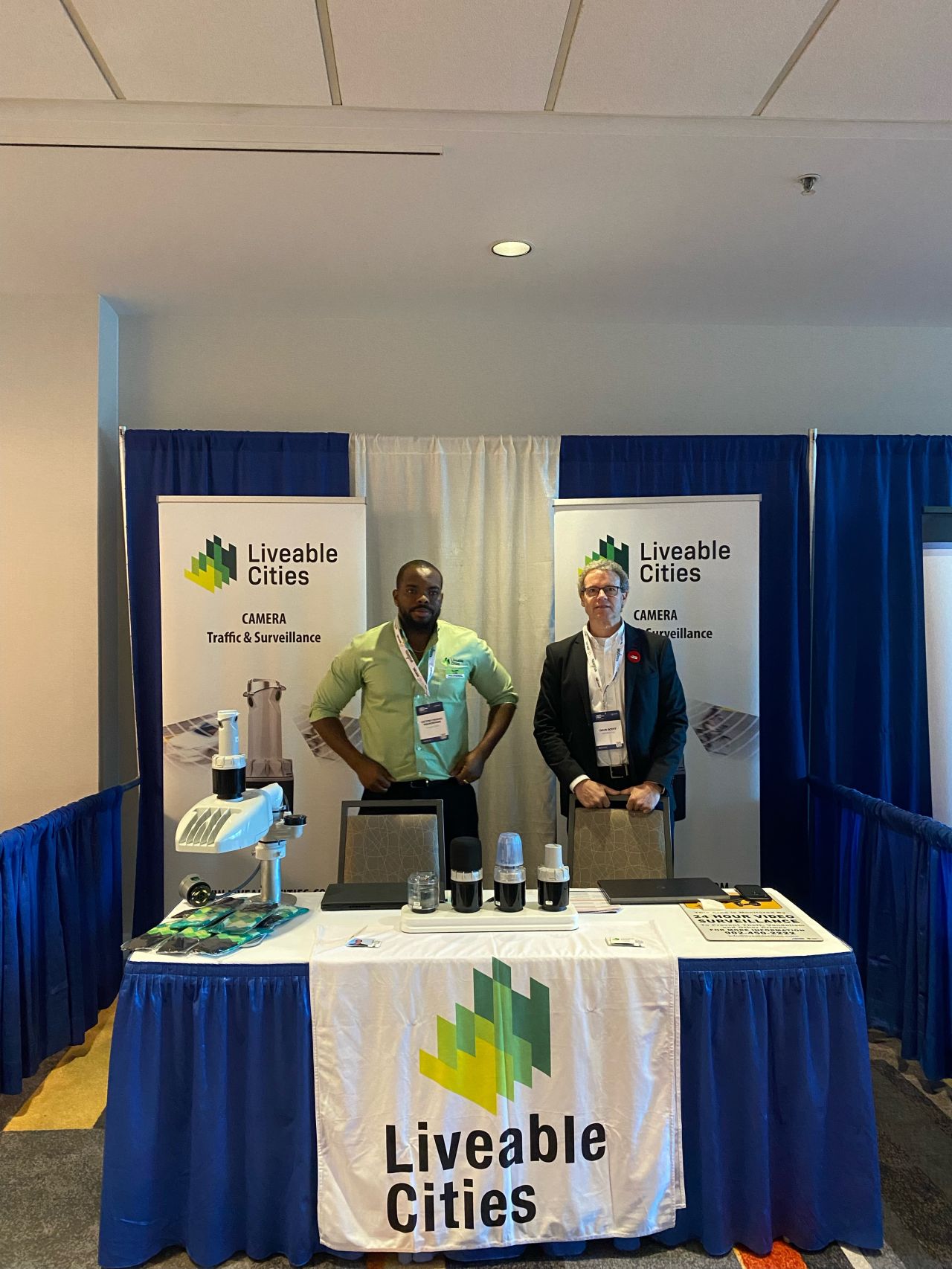
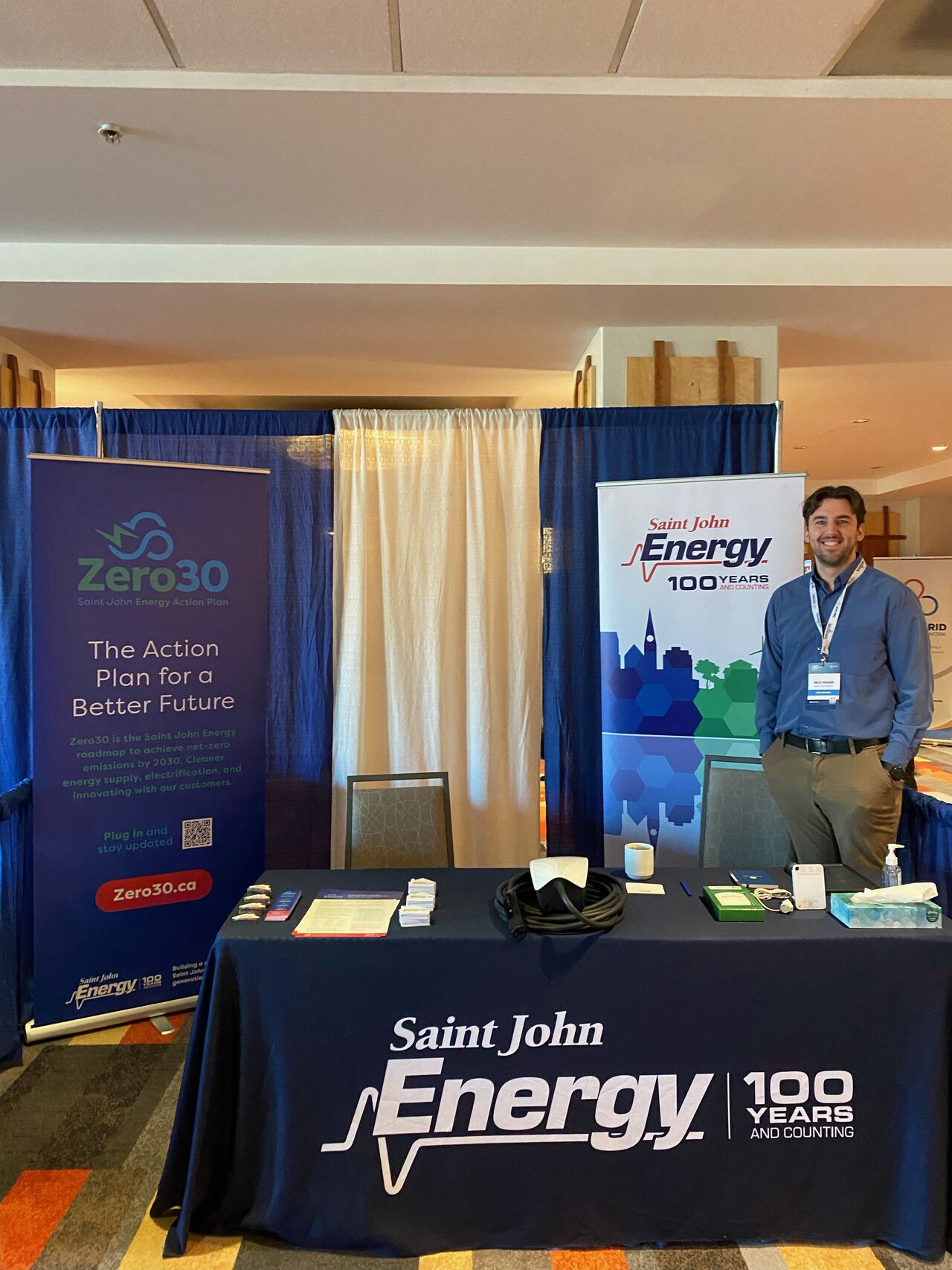
A warm appreciation and thank you to our speakers, sponsors, and partners:

As we close out this year’s forum, we look forward to the momentum generated at #EIF2023. Check out our upcoming events and how to become more involved in the Smart Grid Innovation Network Canada below:
- Become an SGIN Member.
- SGIN is leading the Canadian Trade Mission to Enlit Europe – learn more here.
- Subscribe to our monthly newsletter!
- Register in our free National Energy Supply Chain Database.
- Visit our events page to stay up to date on upcoming webinars & more!
